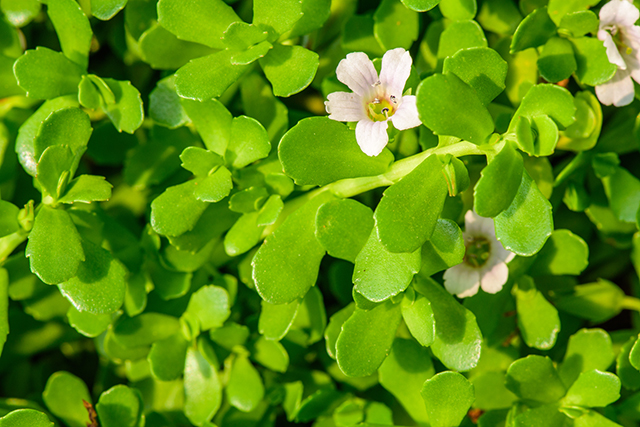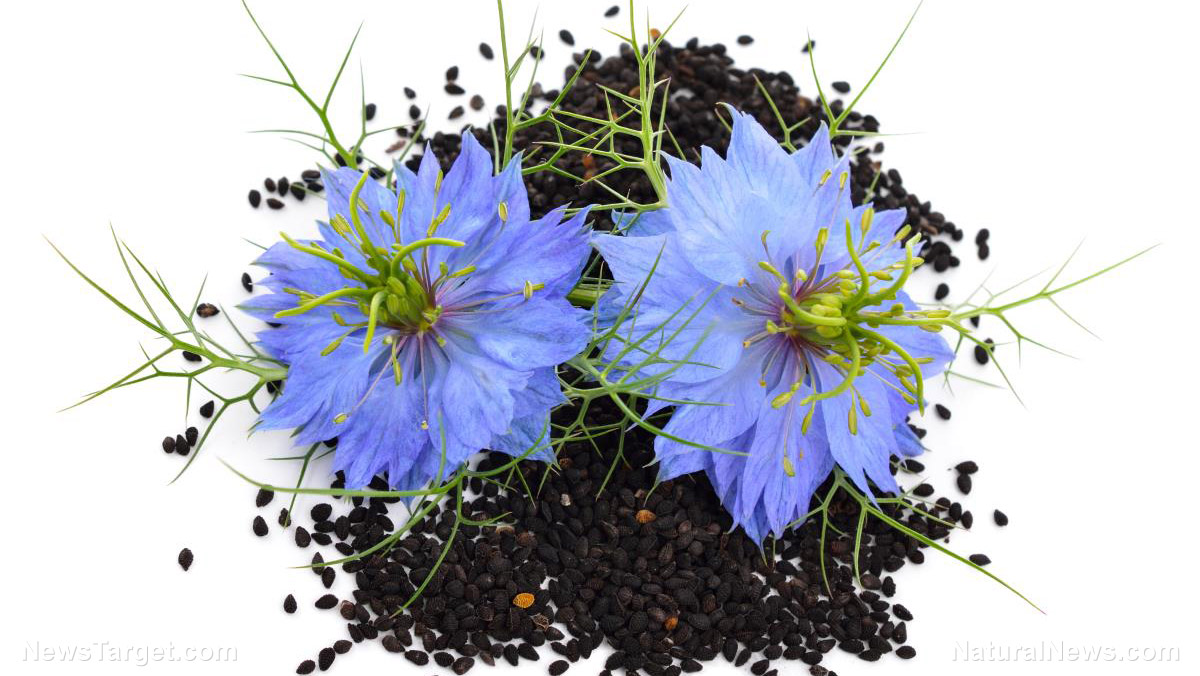A Pakistani study investigated the ability of the waterhyssop (Bacopa monnieri) to reduce nerve pain. Their results suggest that an extract from the nootropic medicinal herb can help mitigate the symptoms of neuropathic pain.
Neuropathic pain stems from the nervous system. Two of its major symptoms are hyperalgesia, where the sensitivity to pain is much greater than normal, and allodynia, where normally non-painful stimuli cause pain.
There are a number of medications that could potentially treat this disease. However, these medications often come with severe side effects. They also do not provide sufficient pain relief.
Patients who suffer from neuropathic pain often take complementary and alternative treatments in order to further reduce pain. Many of them turn to plant-derived remedies.
The waterhyssop is a medicinal plant that has been used to boost cognition and memory, among others. Modern studies have reported on its many beneficial properties, many of which affect the nerve cells of the brain.
Animal studies have reported on B. monnieri‘s ability to reduce pain from stimulated nerve cells in the viscera as well as heat-related pain. The herb also increased the effectiveness of opioid painkillers by reducing tolerance and increasing analgesia.
B. monnieri itself possessed painkilling properties. Unlike opioids, it does not cause tolerance to its analgesic effect. An earlier animal study showed its effectiveness on diabetic neuropathy. (Related: CBD oil reduces chronic illness pain.)
Waterhyssop extract tested on CCI animal models of neuropathic pain
Researchers from the University of Peshawar (UoP) tested its effectiveness on neuropathic pain in a rat model of chronic sciatic nerve constriction injury. They collected naturally-grown Bacopa monnieri. The waterhyssop were processed to create a methanol extract, whose components were identified using the HPLC method.
Rats were used to build a chronic constriction injury (CCI) model. The sciatic nerves of some animals were ligated to cause neuropathic nociception. Other animals received “sham” surgeries that did not ligate their sciatic nerves.
B. monnieri extract was administered to CCI and sham-operated rats in doses of 40 and 80 milligrams per kilogram (mg/kg) each day for 21 days. Likewise, 75 mg/kg doses of the pharmaceutical drug gabapentin was given to both CCI and sham-operated rats.
The untreated and treated rats were tested for their behaviors using stimuli for static and dynamic allodynia, heat hyperalgesia, mechanical hyperalgesia, and cold allodynia. These tests were performed on the third, seventh, 14th, and 21st days.
B. monnieri extract improves allodynia and hyperalgesia
The experiment showed that Bacopa monnieri was effective in alleviating the symptoms of CCI-induced neuropathic nociception. It improved the parameters for static and dynamic allodynia, heat hyperalgesia, punctate allodynia, and cold allodynia.
The waterhyssop extract showed fairly similar effectiveness to gabapentin, a first-line treatment drug for neuropathic pain. Gabapentin has been proven to relieve allodynia and hyperalgesia in both animal models and human trials.
However, gabapentin also exhibits side effects that depend on the dosage. It can cause dizziness, drowsiness, lethargy, and uncoordinated movements.
In comparison, the B. monnieri extracts suppressed nociceptive responses at dosages that were considered to be tolerable and benign in the toxicity test. Therefore, the UoP researchers conclude that waterhyssop could see use as a natural remedy for neuropathic pain syndromes.
For future studies involving B. monnieri, they recommended looking for the specific mechanism by which the herbal medicine blocks the detection of painful stimuli. The extract also needs to be tested using different neuropathic pain models that involve different magnitudes of pain components.
They also proposed subjecting the main bioactive compound of waterhyssop to further testing in the CCI animal model. The role of bacoside-A in attenuating neuropathic pain needs to be validated.
Sources include:
Science.news
ScienceDirect.com
OnlineLibrary.Wiley.com
BMCComplementAlternMed.BioMedCentral.com




















